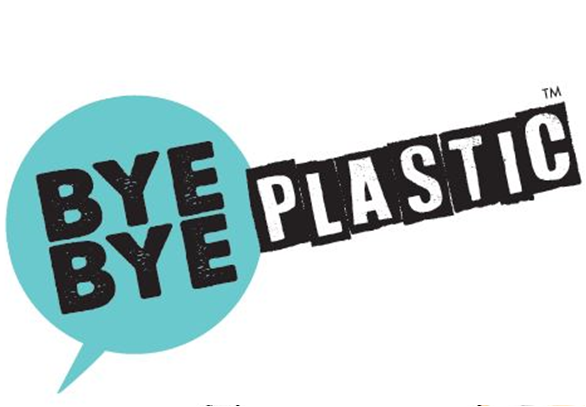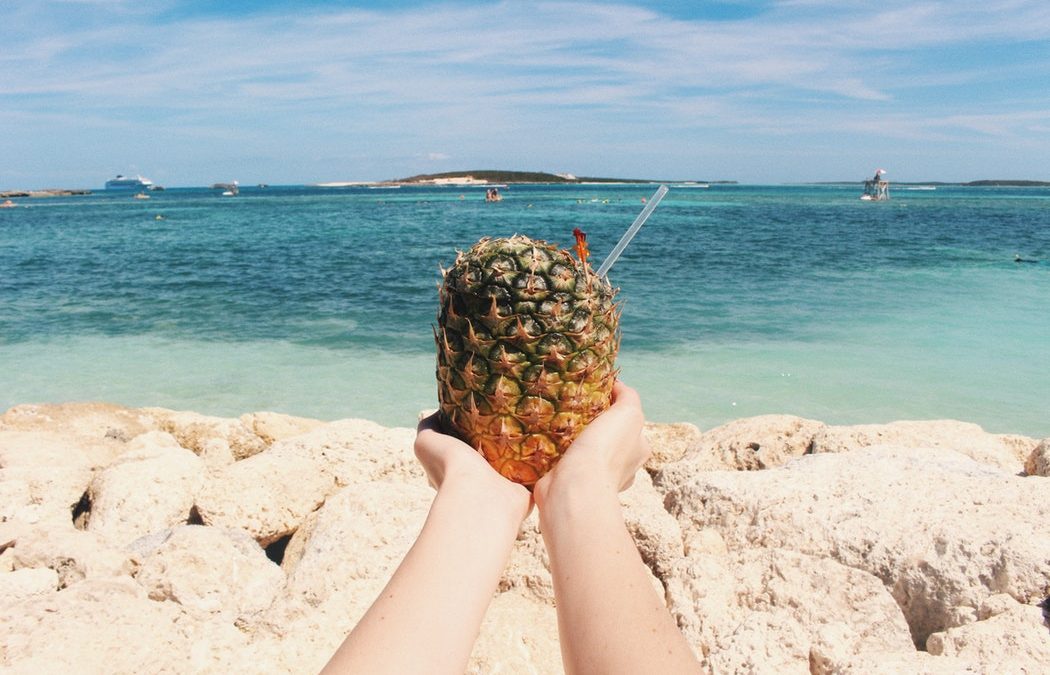The Environmental Cost of Travelling
Public attention has recently been drawn to the idea of sustainable travel and ‘eco-tourism’. Travel-goers are now given the option to offset the carbon emissions of their aeroplane flights or to reside and relax in eco-resorts. Despite this, however, the vast majority of travellers’ carbon footprints increase significantly while they are relaxing on vacation.
Island paradises like Bali, Hawaii and the Philippines are all looking to reduce the single-use plastics available to tourists that so hugely contribute to the agglomeration of plastic in our seas and ocean shores.
The beautiful, secluded beach island of Boracay in the Philippines has only recently re-opened following a six-month shutdown for clean-up after it became overrun by plastic. The amount of tourists visiting the Philippines has increased six-fold over the last 30 years, placing an enormous strain on the nation’s infrastructure. Since its re-opening, single-use plastic has been banned and visiting tourists have been encouraged to bring their own reusable straws.
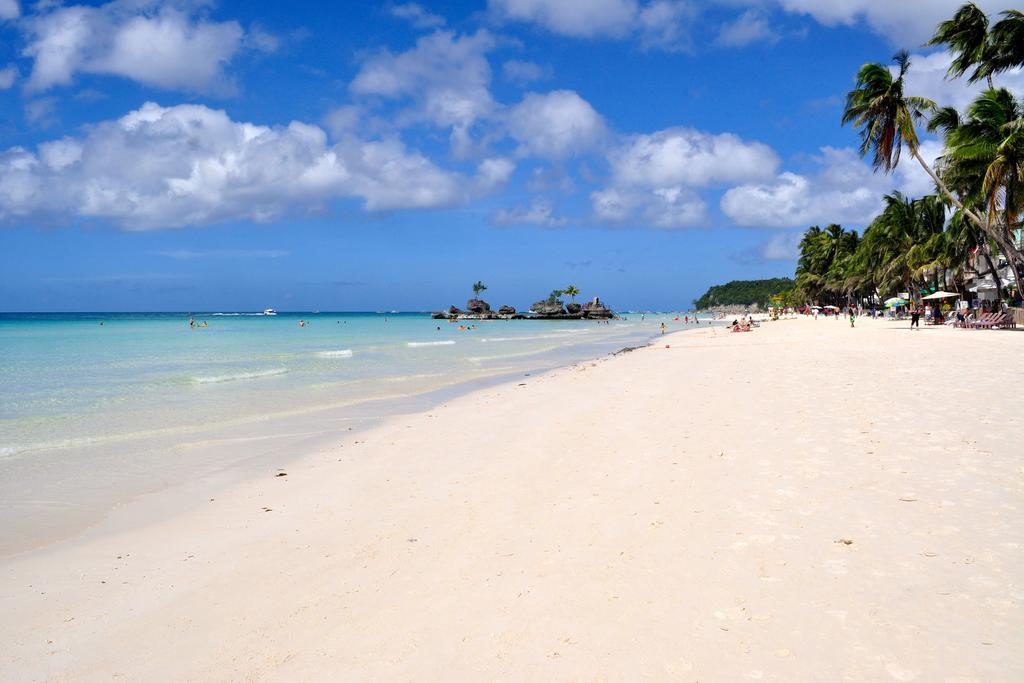
Popular island destination, Boracay
Similar initiatives are being put into place in Bali, a particularly popular travel destination for Australians. At the end of last year, a ban on single-use plastics was announced, with authorities hoping for a reduction in 70% of plastics ending up in the ocean by the end of the first year. It is estimated that up 80% of the plastic washing up on Bali’s otherwise beautiful beaches is coming straight off the island itself.
The measure is largely targeting businesses, discouraging them from offering plastic bags, straws, and other single-use plastic packaging to tourists. Deterrences put in place include fines and business permit terminations.
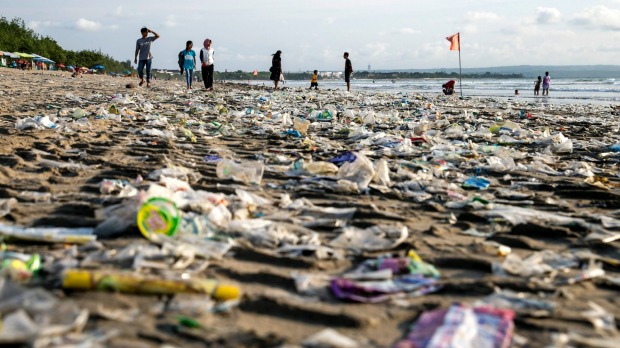
Plastic pollution on a beach in Bali, Indonesia
Plastic-Free Travel
While organisation-driven initiatives are vital to creating change in this important area of environmental conservation, there are many measures that we, as consumers and eco-aware tourists, can take to help the cause. It is doubtful that even the most environmentally-conscious among us are diligently packing our reusable cutlery, cups, bottles, and straws in our suitcases as we rush off to the airport in a flustering hurry.
To make this easier, we have prepared a list below of tips and tricks to help you reduce single-use plastic on-the-go.
Travel Tips
BE PREPARED AND BYO
- Bring your own water bottle. This one can be tough while travelling, because many popular travel destinations don’t guarantee safe-drinking tap water for tourists. Do some research about your chosen destination’s water quality, and remember that boiling water for a few minutes kills of any microbes that may be present.
- Bring your own travel cutlery, reusable straw, coffee cup, containers, and carry bags.
- Bring your own toiletries, so you don’t feel compelled to make use of the tiny and enticing plastic-packaged single-use shampoos, soaps, shower caps and razors that so many hotels and accommodates offer to us.
- Pack an umbrella or raincoat so you don’t need to buy a single-use poncho when the weather turns
REFUSE PLASTIC
- Turn down plastic bags when buying items on holiday. Always try to remember to bring your own reusable shopping bag, or cram it in to your day pack!
LONG TERM INVESTMENTS
- Invest in a reusable baggage tag so you’re not filling out a new one every time you choose a new airline or lose one
DO YOUR RESEARCH
- Research local recycling and/or composting regimes to ensure all your waste doesn’t end up straight in landfill
BE AWARE
- Stay vigilant and say no to unnecessary single-use plastic and other packaging products
Most of all, dispose of your rubbish responsibly. Just because it’s not your home, doesn’t mean it’s not somebody else’s.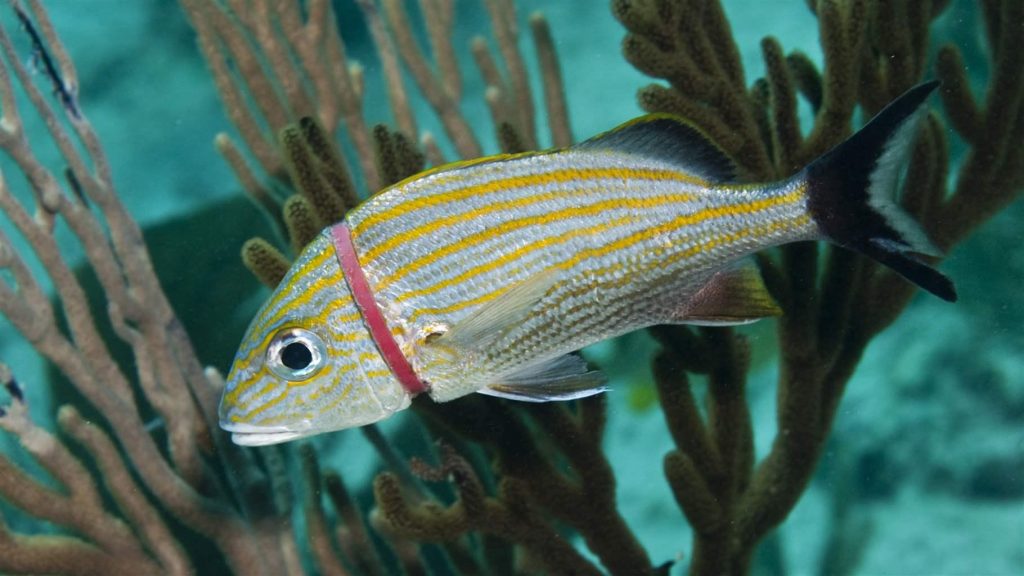
Other Ways To Reduce Your Carbon Footprint On-The-Go:
PACK LIGHT – Not only does this reduce the amount of fuel used for your belongings to be carried through the sky, but trust us, minimalism on vacation is your ticket to relaxation. You won’t wear 3 different types of sunglasses, we promise.
EAT LOCAL – Make the most of your chosen destination by consuming local products, like locally-brewed beer and locally-grown or caught produce.
CHOOSE TRANSPORT WISELY – Use public transport, and avoid aeroplane travel where possible. When you do fly, remember to offset your emissions. It doesn’t cost much, and lightens the load of your travel both on the environment and your conscience.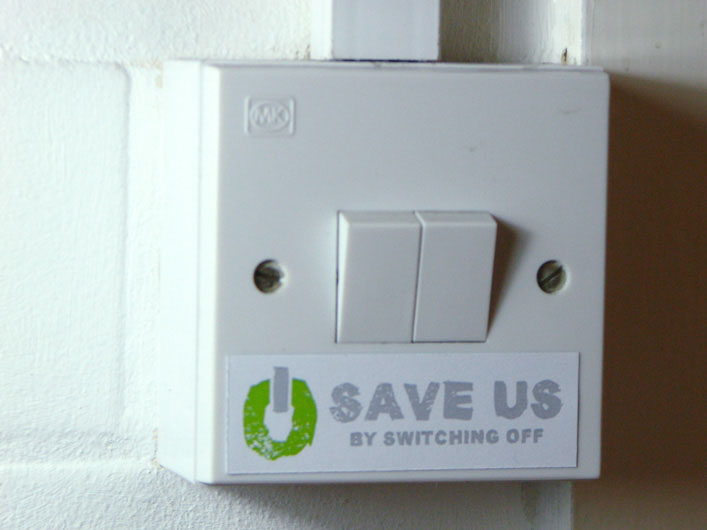
CONSERVE ENERGY – Just because you’re not footing the utilities bill, doesn’t mean you need fresh towels daily and 24-hour air conditioning. Remember to switch off lights and appliances in your accommodation when you’re not using them, and leave your towels hanging in the bathroom so housekeeping knows that you don’t need them changed every day.
